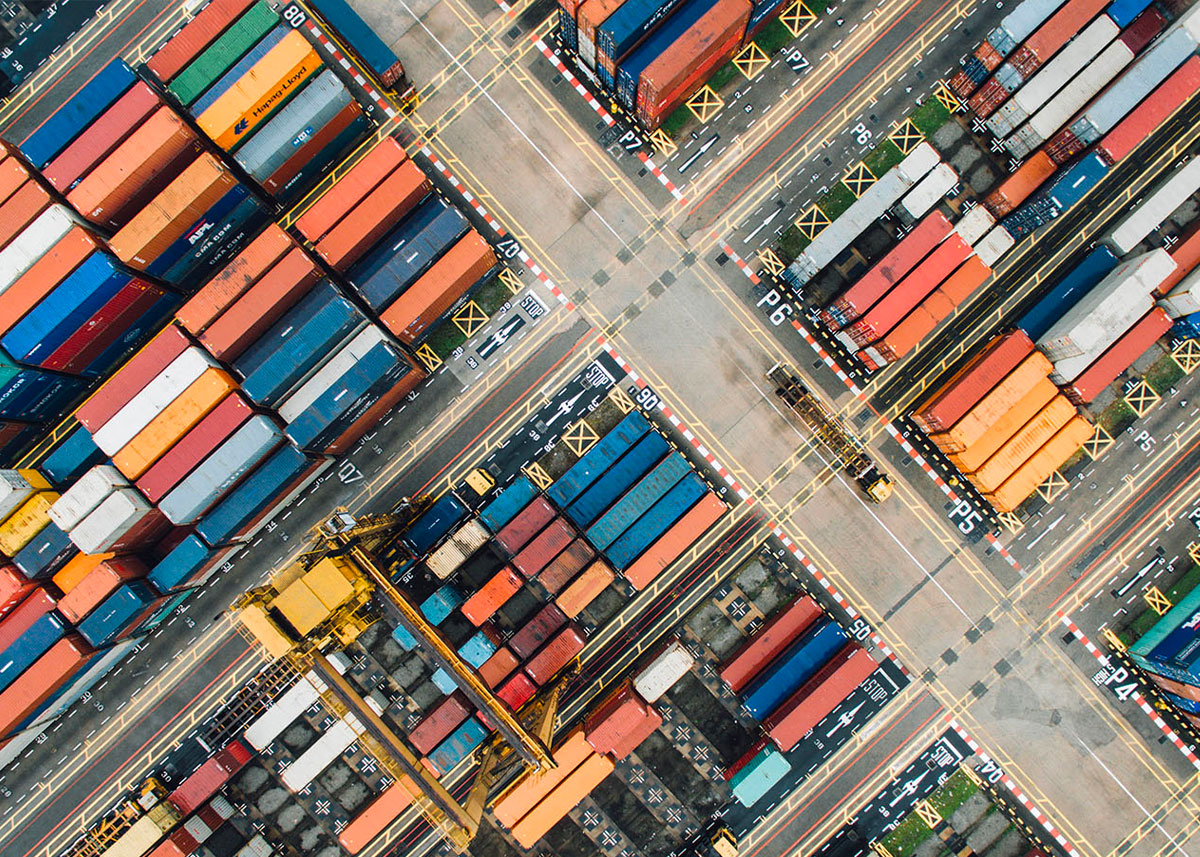By PorRedaçãoPortalPortuario
Brazil’s National Waterway Transportation Agency (Antaq) has chosen the Green Grant project as the first theme to be implemented within the experimental regulatory environment, known as the regulatory sandbox, an initiative that aims to select companies interested in occupying and developing idle areas in organized ports, intended for the implementation of innovative projects focused on the energy transition, involving emerging technologies and associated working methods.
Registration for companies that wish to participate in the first idea will open on November 10 and will be available until December 9. The call for proposals will be published on Monday, November 3, and the final result is expected to be announced in February 2026.
The director and rapporteur of the process, Flávia Takafashi, stated that “introducing the theme of the energy transition in this experimental environment will be a way to stimulate innovation in the port sector, promoting the alignment between public policies, regulatory innovation and environmental commitment.”
The regulatory testing environment allows a company to test innovative products and services for a specific period, under rules different from those of other companies and under the supervision of the Agency. At the end of this period, an assessment of the potential benefits or risks to society is carried out.
The implementation of the Green Grant project contributes to the modernization of the port sector, to the fulfillment of international obligations assumed by Brazil, and to the building of a culture committed to sustainability.
Flávia Takafashi explained that “Brazilian ports, due to their extensive coastline and their relevance in the national and international logistics chain, can establish themselves as leading industrial and logistics hubs for the low-carbon economy.”
Furthermore, she highlighted that the Green Grant project “is extremely important for attracting the implementation of innovation centers in public ports, which will add value to the sector and the entire port ecosystem.”
She also emphasized that ports manage equipment and supplies for renewable energy projects, have the potential to host production, storage, and export centers for green fuels, and can support the supply of less polluting fuels to ships.
The project, with a duration of four years, will focus on areas of interest such as renewable energy generation; infrastructure for alternative fuels; the electrification of port operations; bunkering (the process of supplying clean fuels to ships); the development of innovation and technology aimed at decarbonization and sustainability.
Furthermore, it focuses on the analysis of the complete life cycle of resources; the development of new technologies such as onshore power supply (OPS) and electrification; and adaptation to climate change and climate resilience. Investments must be made exclusively by the concessionaire.





